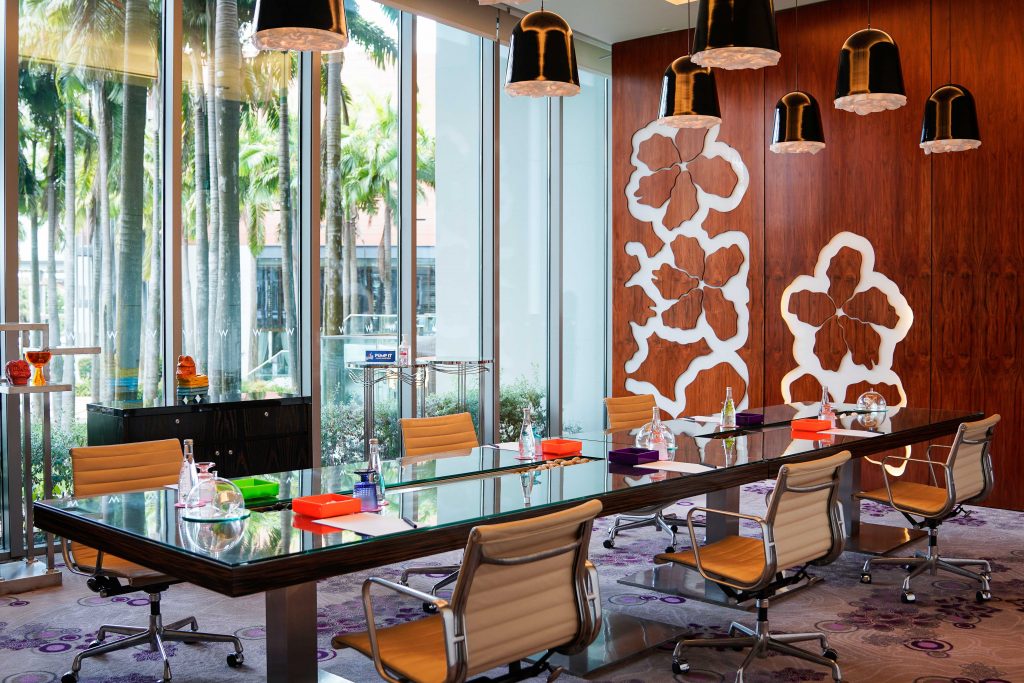Corporate events are frequently organized to convey company strategy, affect internal company behavior, introduce a product or service, encourage, teach, or reward employees, or impact customers’ external behavior toward the brand. They frequently bring together firm employees, assist larger marketing or sales activities, encourage team successes, or entertain top executives.
Corporate firms plan events for their stakeholders, including their workers, clients, and customers. The assembly might be modest or enormous, depending on the reason for holding activities. Large crowds are frequently present at corporate events like seminars, conventions, and conferences since they may be held in support of a social cause, an awareness campaign, educational programs, counseling sessions, talks on productivity and accomplishments, etc.
For selected people of the organization, corporate activities such as retreats, holidays, private performances, and corporate dinners are held. Corporate gatherings are crucial for fostering a sense of camaraderie among employees. This keeps employees engaged and helps to foster trust and successful connections between employees and the firm. There are 8 things you must know for corporate event planning in Singapore!
- Corporate events often have a single purpose in mind. They are often held to deliver a message or improve an organizational habit. They’re an excellent method to boost corporate spirit, convey a fresh message, or give useful information.
- Planning may start as soon as you have chosen your primary event goal. Make a quick plan that summarizes the event’s most crucial details, even if you’re hiring assistance. It should include the following:
- Goals and objectives for the event
- Your desired message
- Your audience and the number of participants
- Theme and format of the event
- Budget for the event – use this cost estimation as a guide
- ROI anticipated
- This preliminary plan may omit details such as event site, technology, vendors, food & beverage, entertainment, and other event logistics. Many of those details will be handled by the planner you engage. The purpose of this preliminary plan is to communicate your vision for the event and what you hope to achieve.
- In your capacity as the firm’s event representative, your major objective is to inform the event planner about the company. The majority of the time, event planners aren’t familiar with your business or its culture. They can learn more from you better than anybody else. Try to provide the event planner with a thorough understanding of the event’s history, the objectives that leadership has made clear to you, and any observations you may have on the event’s general atmosphere.
- You must rely on the planning team to manage the specifics you haven’t taken on, even though it could be difficult. This might be challenging when you know you are ultimately responsible for the incident. However, the planners won’t be able to do their duties if you micromanage or attempt to become overly engaged. Therefore, exhale deeply and concentrate on the larger picture. Take advantage of the extra time you have now that you have trusted your event planning staff with the specifics.
- It’s crucial to have one location that everyone can turn to for answers when a large group of individuals is working on your business event. Although the event planner will probably use their project management software, work with them to make sure there is a place where you can view the event information. This might entail using the planner’s system, creating your internal mechanism, or creating a common system that everyone who needs it can access. BALMORAL HALL at ROYAL PLAZA ON SCOTTS SINGAPORE is the most known place for the corporate events.

- If you’re assisting in the planning of a business event, you probably go above and beyond what is required of you. You must, however, restrain that desire on the day of the event. Don’t put up your hand if you have a tone of last-minute responsibilities that will take up all of your time on the day of the event. There will be no picking up guests from the airport, registering attendance, or writing notes during group discussions.
- The aftermath of an event is just as crucial as the act before. The main work—which the event was leading up to—often takes the shape of follow-up chores in the form of actions or responses to inquiries. CARDAMOM at SHAW is a beautiful place where events are planned and always end up being successful!



